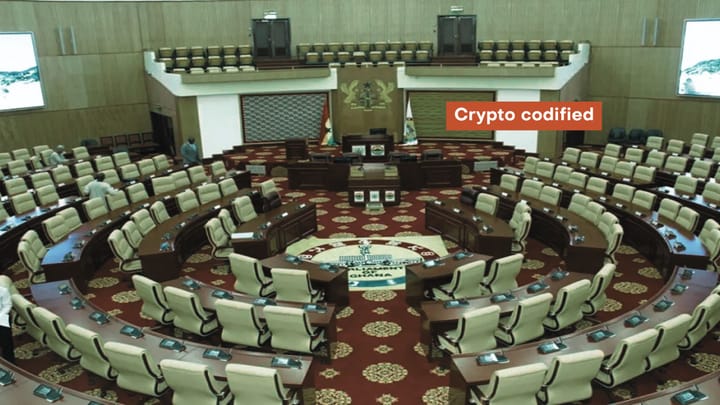Big on wallets, light on volume: Africa’s crypto paradox
Africa is seeing high crypto wallet adoption, but actual usage and value remain limited. Experts say economic realities, short-term utility and product gaps help explain the disconnect.

A new report by blockchain analytics firm Dune Analytics reveals that Africa, and Nigeria in particular, is a major force in global crypto wallet adoption. For wallets like Zerion, MetaMask and Trust Wallet, Nigerian users make up the largest share globally. But while the numbers suggest widespread interest, actual asset holdings patterns paint a more nuanced picture.
Stay up-to-date with the latest blockchain developments in Africa
The details
The report is a regional deep dive based on Dune’s earlier “State of Wallets 2025,” using data from Addressable to link on-chain wallets to off-chain identities across 12 African countries. It focuses on EVM-compatible wallets and a few non-EVM platforms connected to EVM activity.
Dive in
Africa is a major user base for several non-custodial wallets. For example, 38% of Zerion users are African — the highest share for any region. Other platforms like Bitget, Phantom, Sui, Rabby, Trust Wallet and MetaMask also show strong African adoption.
- By contrast, less than 10% of users on OKX and Coinbase are from Africa, likely affected by Nigeria’s centralized P2P clampdown.
But adoption doesn’t always translate to usage. While 38% of Zerion’s users are African, they account for just 17.8% of the platform’s transactions.
- Most other wallets show even lower figures. Rabby, for example, sees just 5.3% of its transactions from African users.
Who’s leading?
Nigeria dominates. For wallets like Zerion, Trust, MetaMask, Sui, Rabby and Phantom, Nigerians make up over half of all African users.
- In some cases, Nigeria also ranks as the top user base globally. But there are exceptions. South Africans lead Best Wallet and Ethiopians dominate Ton Wallet.
- Centralized wallets show a more balanced African distribution — on Coinbase, for instance, Nigeria (31%), South Africa (22.4%), Egypt (13.7%) and Morocco (12.3%) lead the pack.
Wallets vs. wealth
The data also shows that user counts don’t always reflect who holds the most value, especially on larger platforms.
- On Trust Wallet, Algerian users hold 81.4% of assets linked to African users. On Coinbase, South Africans control 81.5% of the region’s wallet balances.
- By comparison, Nigerians dominate smaller platforms like Zerion (60%), Phantom (92.5%) and Rabby (40.7%). This suggests that while Nigeria leads in adoption, deeper financial engagement may be happening elsewhere.
The local view: What wallet data doesn’t tell you
The Dune report excludes local African exchanges, likely because their user bases are too small to register in global wallet data. But these platforms often see firsthand why adoption doesn’t always lead to deeper engagement.
Is Africa’s low transaction activity a money issue or a motivation issue? VALR, the South Africa-based exchange, weighed in.
- “Lower transaction activity in Africa is primarily driven by economic constraints. While behaviors like airdrop hunting and speculative signups exist, they are not unique to Africa and mirror patterns seen in markets like Vietnam or Indonesia.
- “Compared to wealthier jurisdictions like the Netherlands or Singapore, African users may be more incentive-driven, but economic limitations remain the dominant factor.”
Nigeria-based Quidax shared a similar view, adding that engagement deepens when users have a better understanding of cryptocurrencies:
- “For those who have discovered its utility, crypto has become an essential tool that powers their daily lives,” said Ezekiel Ojewunmi, Director of Marketing.
Broader context from the ecosystem
Harrison Obiefule, co-lead at Superteam Nigeria, stressed that low wallet balances don’t necessarily mean low activity — just a different kind of usage:
- “Although Nigerians lead globally in stablecoin volume, most of that activity is in rapid utility-driven trades such as remittances and arbitrage rather than sustained on-chain holdings.
- “So until disposable incomes rise and access to credit and savings improves… most Nigerian crypto holders will continue to keep minimal or no funds in their crypto wallets.”
Obiefule added that deeper engagement could come from tools that reflect local realities, such as low-stake savings apps, on-chain bill payments, improved fiat on-ramps, and community-led financial literacy initiatives.



